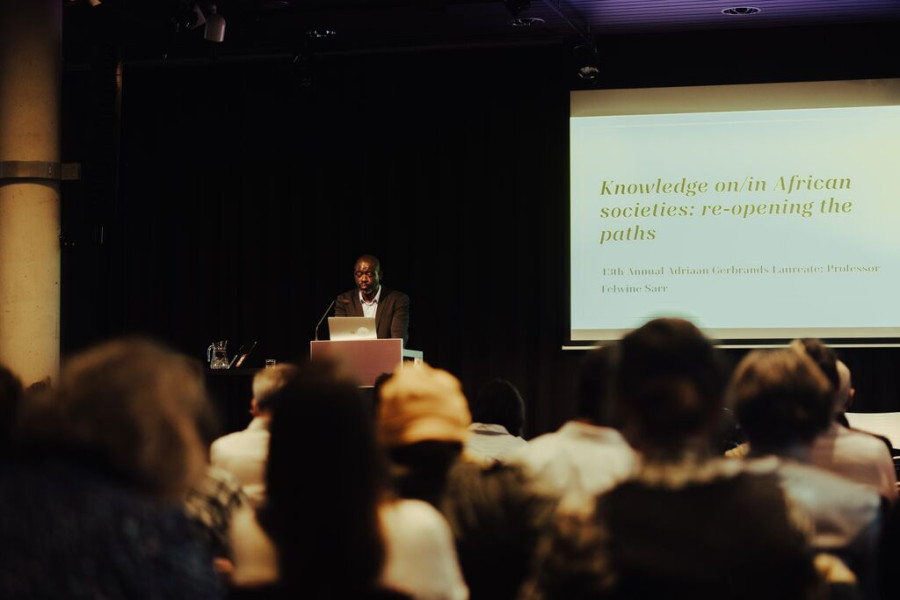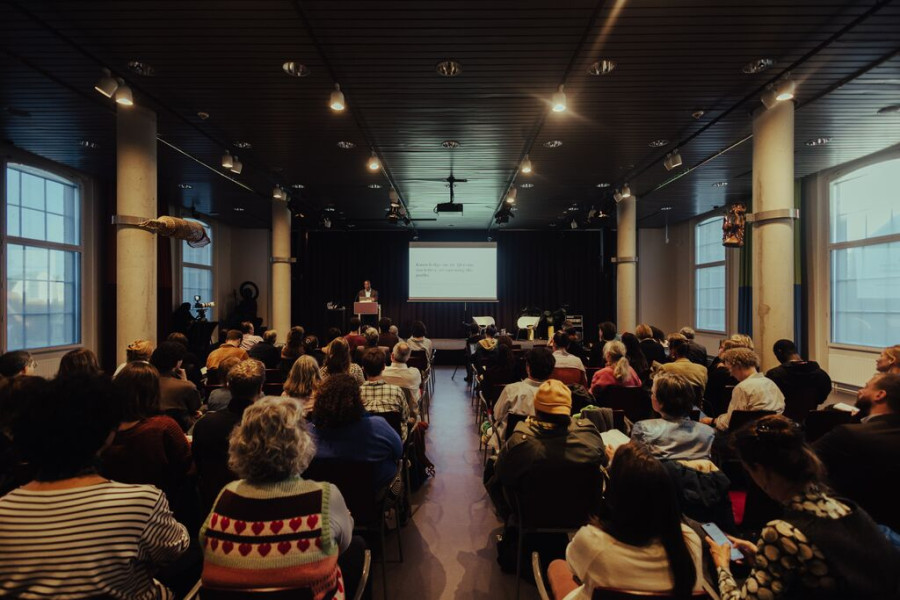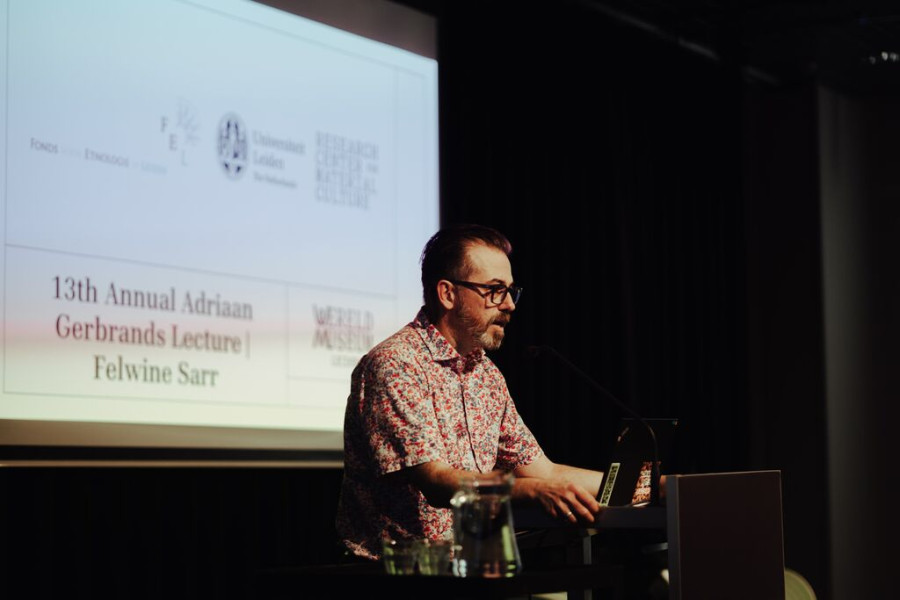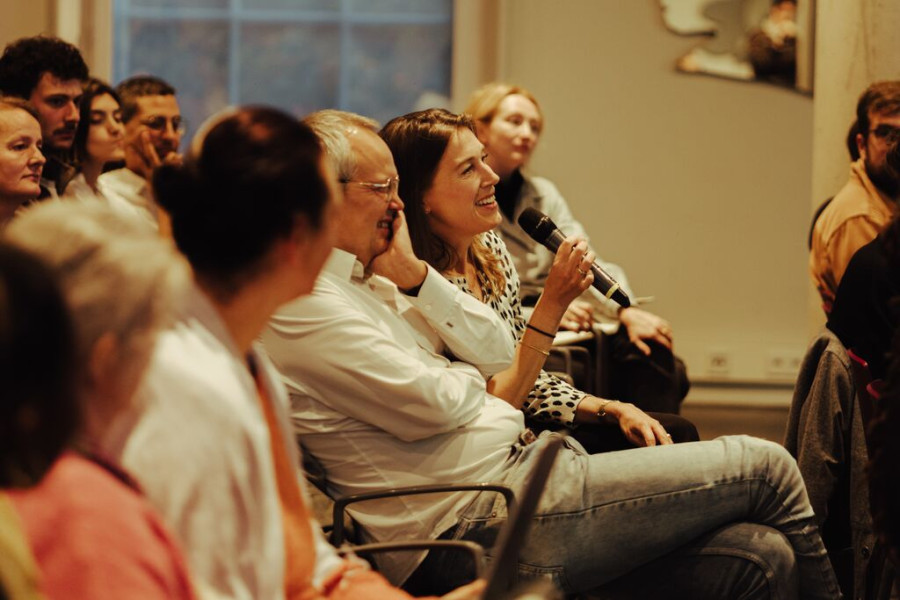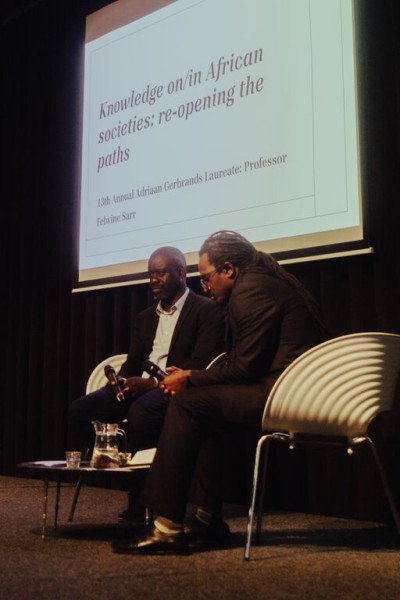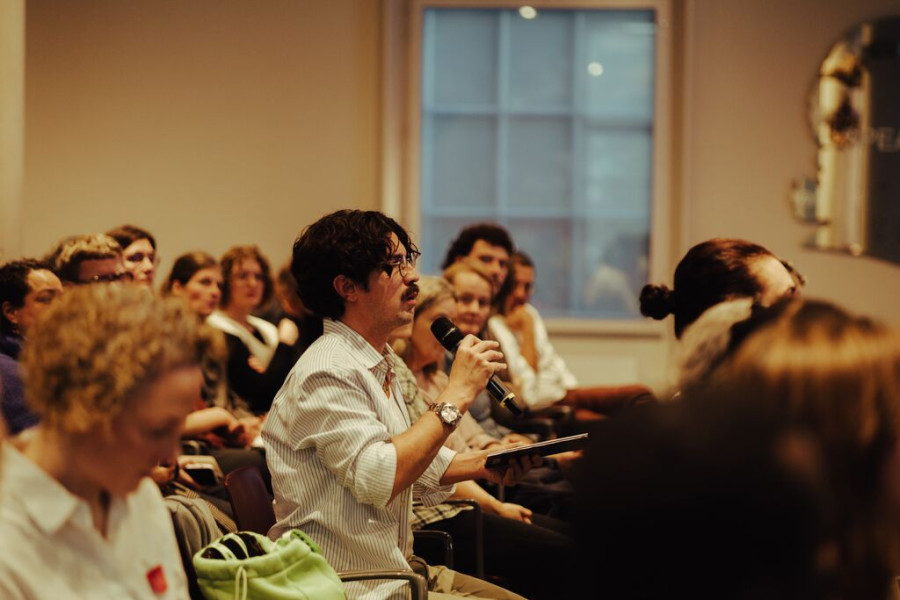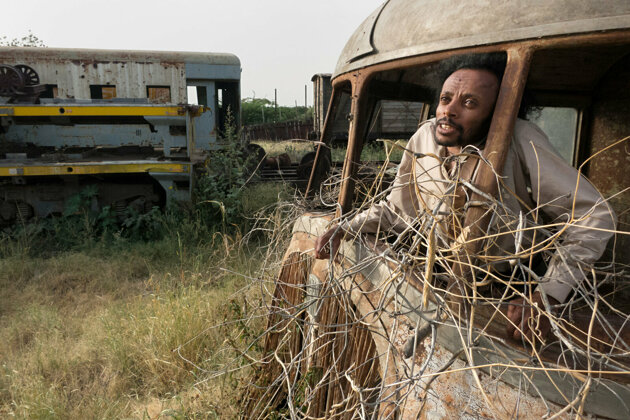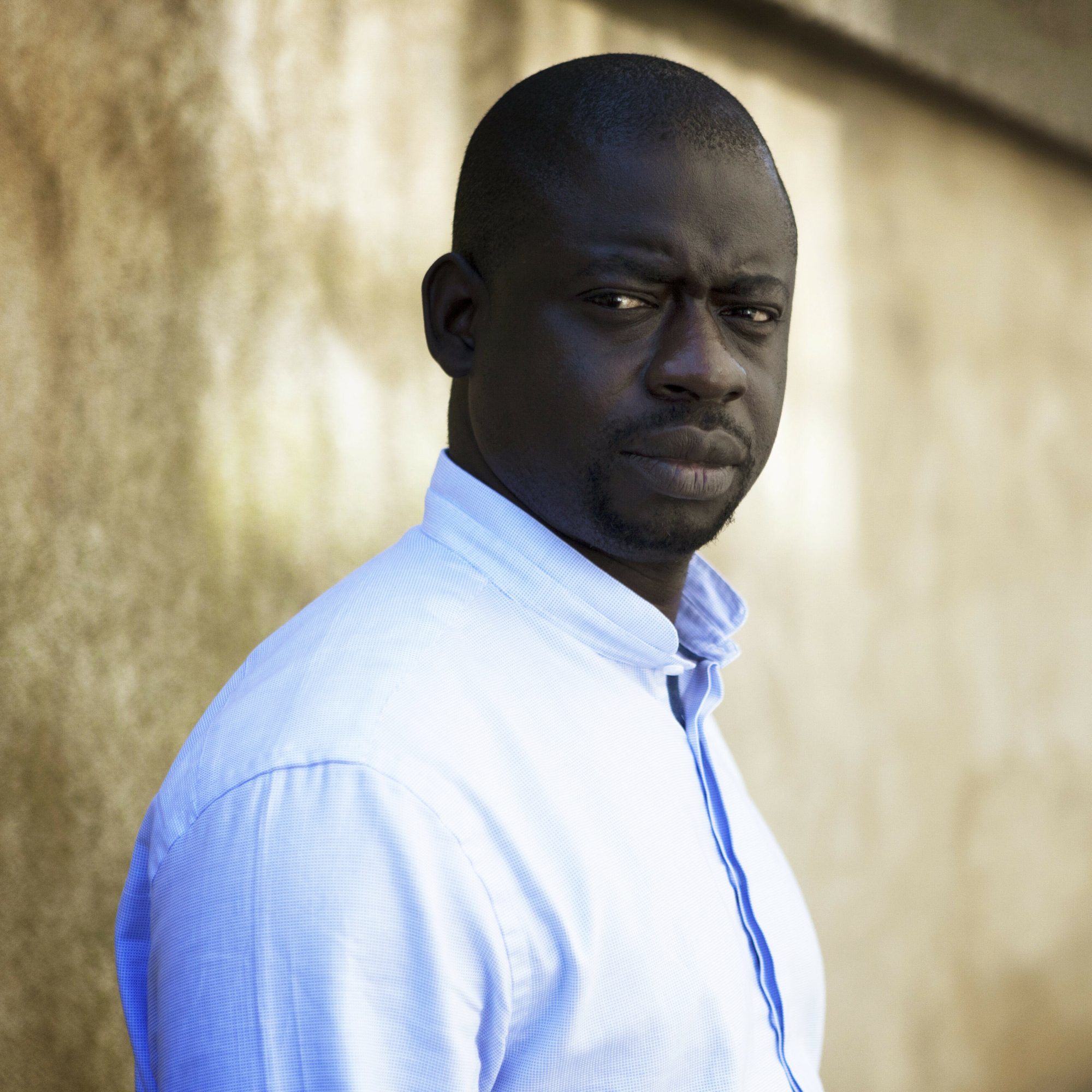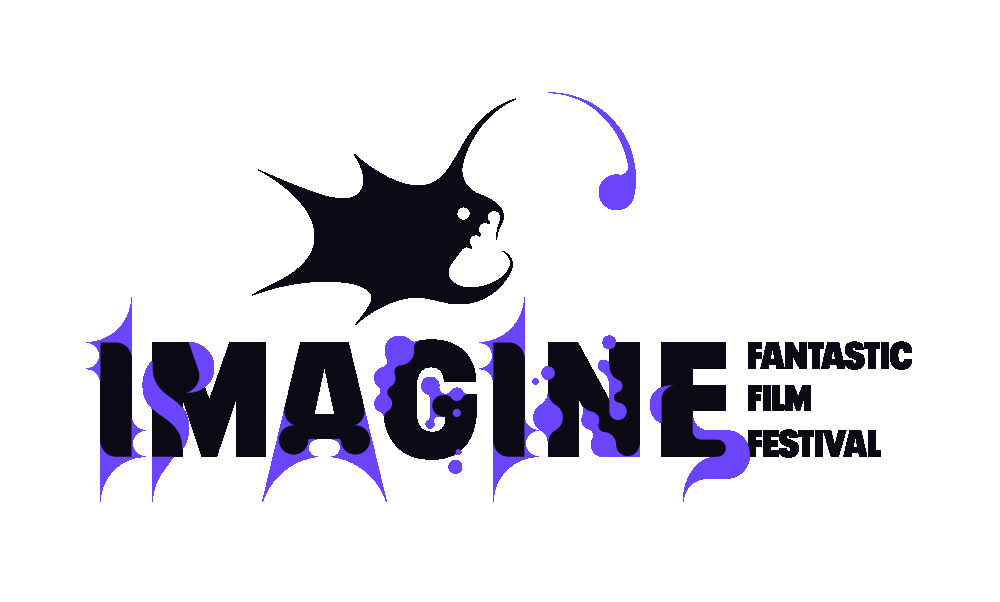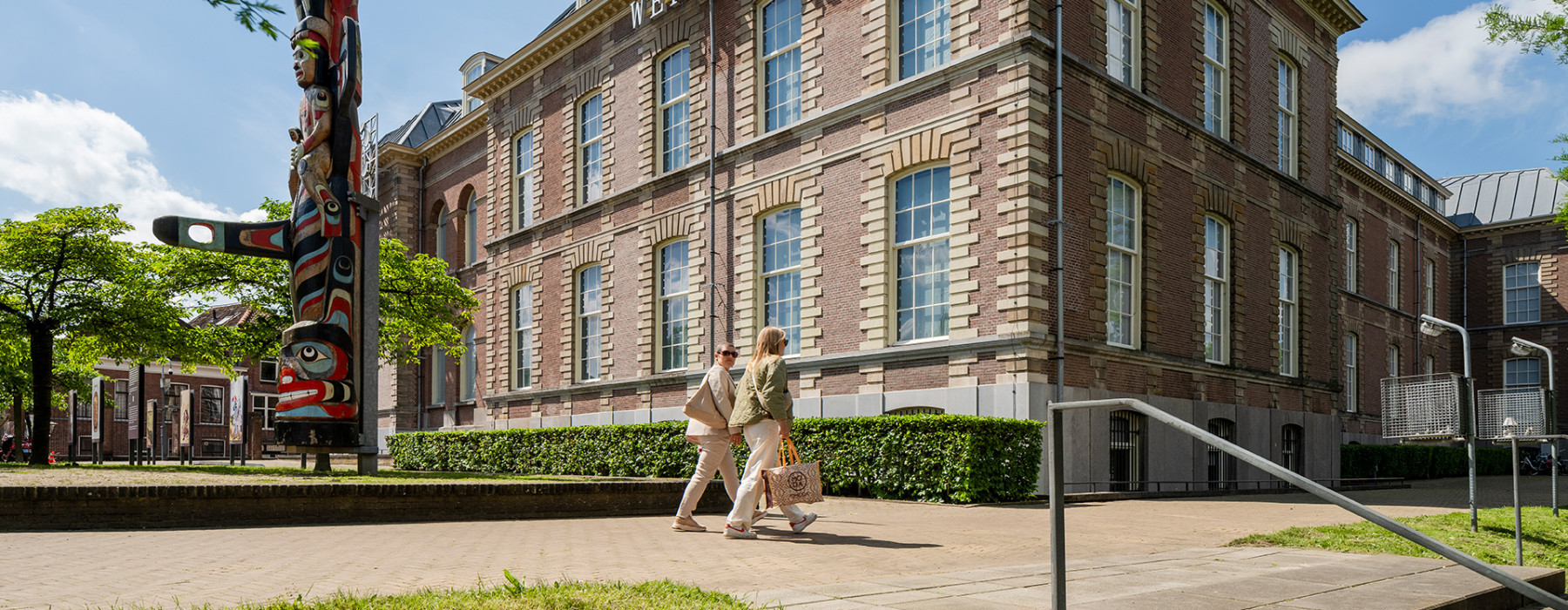
Ring di Alarm is part of the collaborative research chapter of the multi-locational and multi-year research and artistic project Sustaining the Otherwise, initiated by curators and researchers Selene Wendt and Amal Alhaag. Sustaining the Otherwise takes an active approach to engaging with the topic of restitution by attempting to dismantle the hierarchical institutional status quo and focusing on artistic, design, research, and spatial practices that activate decoloniality in different sites and multiple temporalities.
- Professor Felwine Sarr will participate as a respondent on the final panel discussion of the program: Conversation III - Listening to Everyday Histories.
More information and registration can be found here: Ring di Alarm: On Restitution, Lingering Colonial Histories and Other Diseases | Research Center for Material Culture
